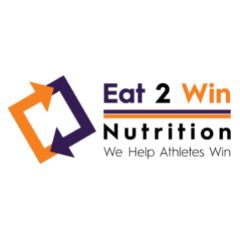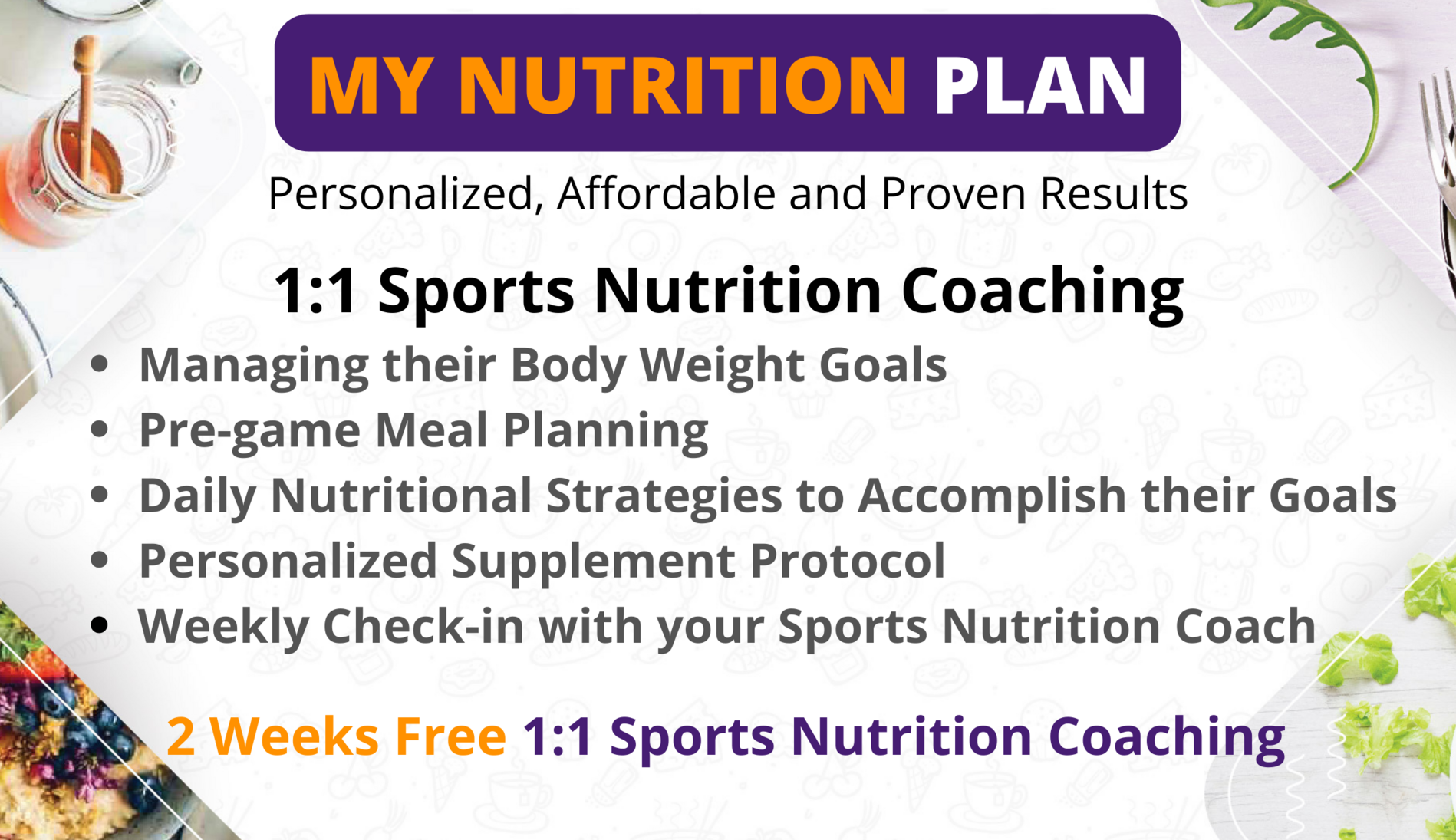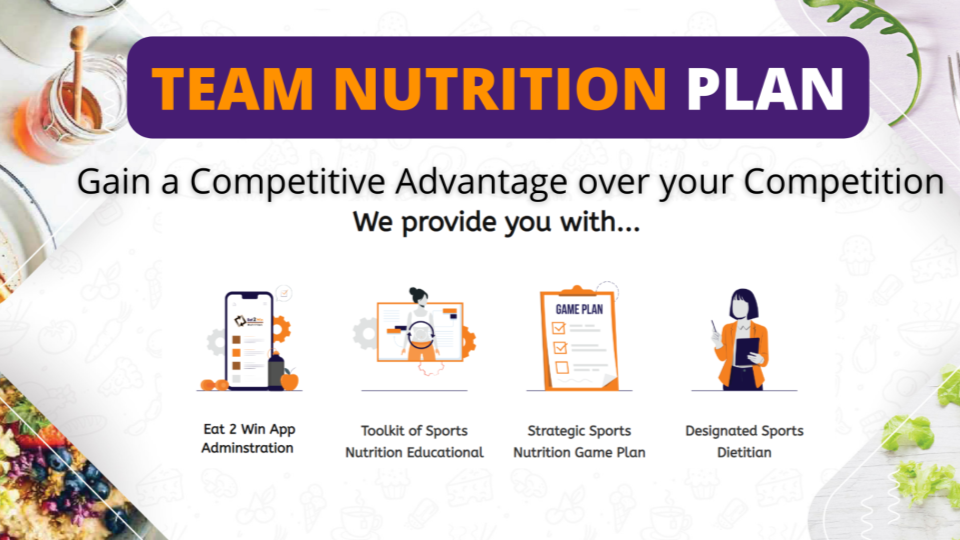Stress Fractures in Athletes: How to Optimize Bone Health
Next Level Podcast with Host Tavis Piattoly, MS, RD, LD
Melissa Rittenhouse PhD, RD
Registered Dietitian (RD) and Certified Specialist in Sports Dietetics (CSSD). She has been practicing for over 12 years in various role including: sports nutrition, health and wellness, private practice and as an assistant professor.
Practical ways to reduce stress fractures in athletes and to utilize nutrition for bone health are the key points Melissa discusses in her podcast interview. Melissa is a Registered Dietitian (RD) and Certified Specialist in Sports Dietetics (CSSD). She has been practicing for over 12 years in various role including: sports nutrition, health and wellness, private practice and as an assistant professor.
Melissa is currently an Assistant Professor in the Health Sciences department at James Madison University (JMU), teaching in the Dietetics program. She has taught various undergraduate and graduate courses; some of which include, Nutrition Assessment, Nutrition and Physical Activity, Sports Nutrition and Clinical Nutrition. In addition to her teaching responsibilities she works closely with the Sports Medicine department providing nutrition services for the athletes.
Most would consider Melissa’s hobby of competitive running a second career. She has qualified and competed in the 2004, 2008 and 2012 Olympic Marathon Trials. That is over 12 years of competing and training at the highest level, post-collegiately. Melissa was a Division I collegiate athlete at the University of Dayton in Cross Country, Indoor and Outdoor Track, where she received numerous recognitions. Melissa attributes her athletic success to her dedication and passion of the sport and to all the “little things” that often get over looked such as getting adequate sleep, eating healthy, and training smart.
Melissa currently lives in Charlottesville, VA and trains with the Ragged Mountain Racing Team. She has a few more running goals to meet before she retires and runs for pleasure.
In this podcast you will learn:
1. Melissa’s interest in studying nutrition for bone health.
2. What factors make bone susceptible to injury?
3. The types of athletes or sports are at a higher risk of sustaining a bone related injury?
4. Are females at a greater risk than males? If so, why?
5. How nutrition plays a significant role in keeping our bones strong and healthy and how macronutrients play a role in bone health?
6. Could an athlete being overweight or underweight put them at risk for a bone injury (i.e. stress fracture)?
7. What vitamins play an important role in bone health?
8. Vitamin D and Athletic performance. Research on the New York Giants as they tested their players in 2011 and over 60% of their athletes had low levels which also correlated to injuries. Why is Vitamin D so important?
8. Vitamin D supplements and the food supply?
9. What minerals play an important role in optimizing bone health?
10. The difference between taking a calcium supplement vs. getting your calcium from foods. Are the absorption rates better from one over the other?
11. Supplements that are beneficial to take to optimize bone health?
Links and Resources Mentioned in This Episode
Podcast Transcript
0:00 Opening Remarks by Tavis Piattoly
2:53 When did you discover that you had an interest specifically for bone health?
- In college Melissa was a cross country/track athlete which is when her interest peaked.
- These interests continued to grow over time because she has had multiple friends with stress fractures.
3.23 What factors make bone susceptible to injury?
- There are a lot of possibilities as to why athletes may develop stress fractures.
- Overtraining, inadequate rest, inadequate calorie and nutrient intake (not getting enough calories throughout the day).
- Training too fast and on hard surfaces all the time (not changing up training source).
4:10 What types of athletes or sports that are at a higher risk of sustaining a bone related injury?
- Load bearing or repetitive type sports (runners such as cross country or track athletes), gymnastics and even stop and go sports such as basketball due to the repetitiveness of the sport.
4:40 Are females at a greater risk than males? If so, why?
- Females do tend to be at higher risk and the suspected reason for this is inadequate caloric intake.
- Males tend to not restrict calories as much as females do, so this is one of the reasons that may be behind the increased prevalence of stress fractures among female athletes.
- There is also a genetic component that is hormonal, so if an athlete has amenorrhea their hormones may change which may increase their risk for stress fractures as well.
5:24 How does nutrition play a significant role in keeping our bones strong and healthy, specifically what role do the macronutrients play?
- Calories in general are one of the biggest factors. Some research has shown that athletes who don't take in enough carbohydrates and fat may be at higher risk for low bone mineral density.
- Protein is very important for bone health by providing structure to the bone and for secreting IVF-1 hormone, which is important for making the bone stronger.
6:54 Could an athlete being overweight or underweight put them at risk for a bone injury (i.e. stress fracture)?
- An athlete that is overweight could be at risk, however an athlete that gains weight rapidly may be at a higher risk due to the fact that their body is not used to the load.
- The underweight athlete is going to be the most susceptible to stress fractures because there is a correlation between BMI and bone mineral density.
7:50 Do vitamins play an important role in bone health? Which ones play the most significant role?
- Vitamin D, C, and E. Vitamin C and E are antioxidants and thus protect against oxidative stress which is bad for the bone by leading to bone breakdown (resorption) in the body.
8:41 Vitamin D and Athletic performance. Research on the New York Giants as they tested their players in 2011 and over 60% of their athletes had low levels which also correlated to injuries. Why is Vitamin D so important?
- Vitamin D is important for aiding in calcium absorption. If someone doesn't have enough vitamin D they can't make enough calcitriol, which leads to insufficient calcium absorption from the diet.
9:37 Vitamin D supplementation is fairly common. Is there not enough vitamin d in the food supply?
- There are food sources that have vitamin d (fatty fish such as salmon), but there aren't a lot of foods that have it naturally.
- A vitamin d supplement is fine for those who are deficient already, but if they are not deficient they should try to prioritize vitamin d from foods and sunlight before relying on a supplement.
10:27 What minerals play an important role in optimizing bone health?
- Calcium, potassium, magnesium and iron are the ones that are most often overlooked.
10:48 Is there a difference between taking a calcium supplement vs. getting your calcium from foods? Are the absorption rates better from one over the other?
- Yes, there are different types of calcium supplements. However, it is always better to get calcium from food than supplements
- Calcium is better absorbed in small frequent doses, so adding calcium throughout the day on a regular basis is the best thing to do.
- There are other components in foods that can aid calcium absorption that are not typically found in supplements.
11:42 Are there any supplements that are beneficial to take to optimize bone health?
- Supplements can never really make up for a poor-diet, so improving diet should be the first approach
- If someone is concerned about a potential deficiency they should confer with their physician for testing to determine if there is actually a deficiency before automatically taking a supplement
12:33 What made you interested in writing the e-book you recently wrote titled, “Nutritional Intake for Bone Health: Minimizing Stress Fracture risk.”
- A lot of people have heard of the benefits of vitamin d and calcium, but many athletes don't understand food sources or recommended consumption amounts.
- In order to have the healthiest bones you need to look at the entire picture (adequate calories, getting enough macronutrients) and then knowing about how to get the vitamins and minerals they need in order to perform at their best and prevent injury
- I wanted to put a package together that summarized everything they can do in a resource that gave them options of food choices to help them along the way.
14:00 Can you talk about a few topics that you cover in the book?
- Describe each of the vitamins and minerals important for bone health then I provide guidelines on what and how much of those vitamins and minerals are recommended.
14:45 Where can our listeners purchase the e-book?
- Online at www.stressfractureandathletes.com
15:00 Closing remarks from Tavis
Download Infographic









Facebook comments